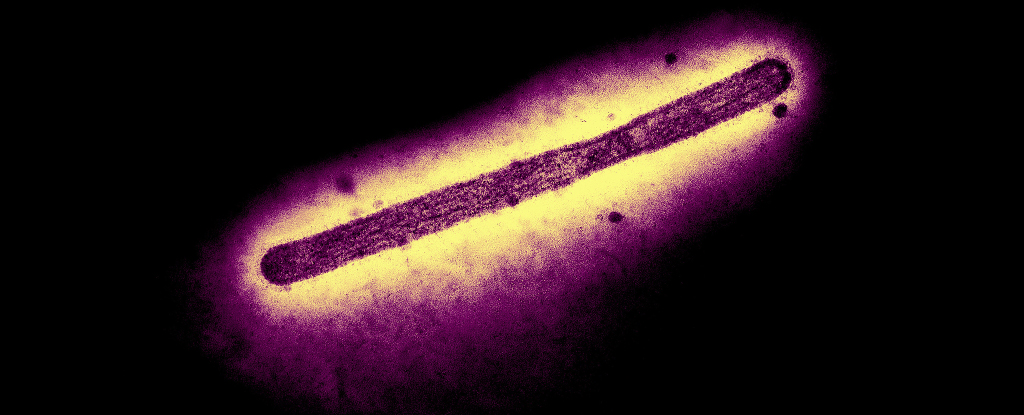The WHO said Thursday it was awaiting the full genetic sequence data after a man died of bird flu in Mexico in the first confirmed human infection with the H5N2 strain.
No further infections linked to the case have been detected thus far, said Aspen Hammond, a technical officer at the UN health agency’s global influenza program.
“The characterization of this virus is still under way and genetic sequence data should be available soon,” Hammond told a webinar.
“H5N2 viruses have been detected for a long time in birds.”
The 59-year-old, who died after developing fever, shortness of breath, diarrhea and nausea, had “no history of exposure to poultry or other animals” and “multiple underlying medical conditions”, the WHO said in a statement.
The resident of the State of Mexico, on the edge of the capital, was hospitalized on April 24 in Mexico City and died the same day, the statement said.
It was the “first laboratory-confirmed human case of infection with an influenza A(H5N2) virus reported globally”, the WHO said.
‘Low’ risk
Mexico’s health ministry said in a statement that the victim had “a history of chronic kidney disease, type 2 diabetes, (and) long-standing systemic arterial hypertension”.
“There is no risk of contagion for the population,” the statement said, adding that “all samples from identified contacts (of the patient) have been negative”.
Authorities are monitoring farms near the victim’s home and have established a permanent monitoring system to detect other cases in wildlife in the area, the statement added.
Mexican health authorities reported the confirmed case to the WHO on May 23 after conducting laboratory tests.
The source of exposure to the virus was currently unknown, the WHO said, although cases of H5N2 have been reported in poultry in Mexico.
Based on the available information, the risk to the general population is “low”, the Geneva-based agency added.
A different variant of bird flu, H5N1, has been spreading for weeks among dairy cow herds in the United States, with a small number of cases reported among humans.
But none of them are human-to-human infections, with the disease instead jumping from cattle to people, authorities have said.
There is no specific vaccine to prevent infection from the avian influenza virus.
However, candidate vaccines have been developed as part of pandemic preparedness.
The WHO indicates that it has concluded agreements with 15 vaccine manufacturers to have real-time access to around 10 percent of the production of future vaccines in the event of an avian flu pandemic.
Doses would be distributed to countries based on public health risks and needs.





